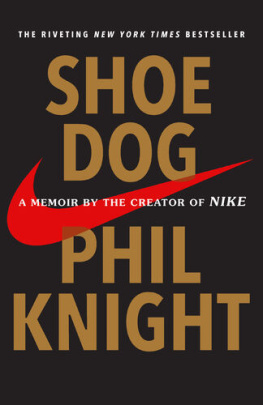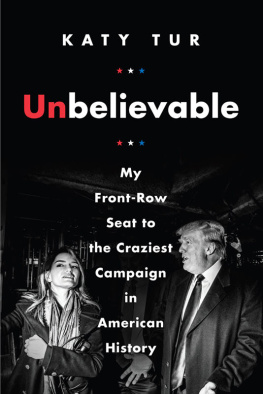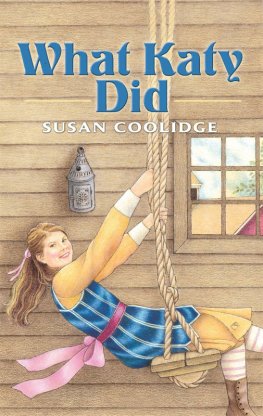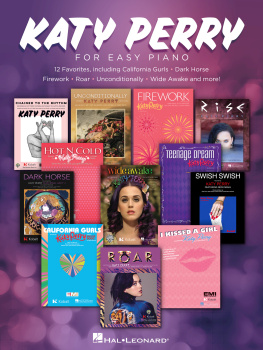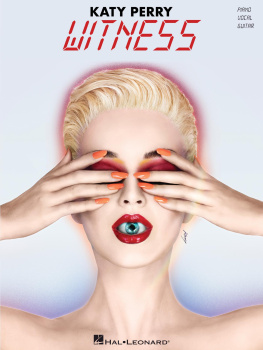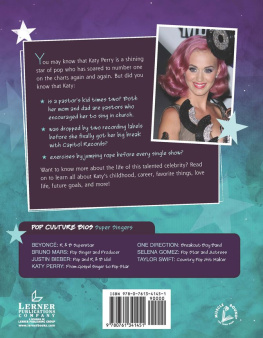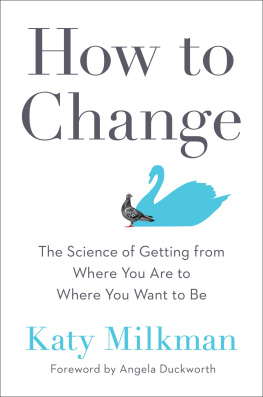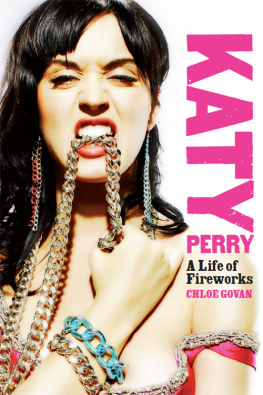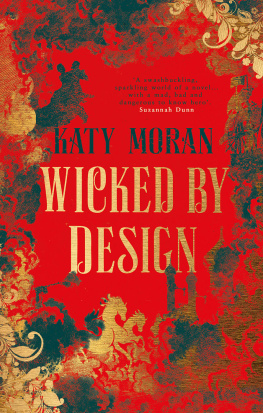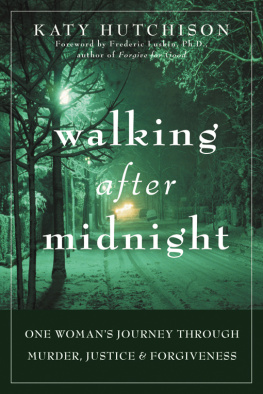Katy Tur - Rough Draft : A Memoir
Here you can read online Katy Tur - Rough Draft : A Memoir full text of the book (entire story) in english for free. Download pdf and epub, get meaning, cover and reviews about this ebook. year: 2022, publisher: Atria/One Signal Publishers, genre: Non-fiction. Description of the work, (preface) as well as reviews are available. Best literature library LitArk.com created for fans of good reading and offers a wide selection of genres:
Romance novel
Science fiction
Adventure
Detective
Science
History
Home and family
Prose
Art
Politics
Computer
Non-fiction
Religion
Business
Children
Humor
Choose a favorite category and find really read worthwhile books. Enjoy immersion in the world of imagination, feel the emotions of the characters or learn something new for yourself, make an fascinating discovery.
- Book:Rough Draft : A Memoir
- Author:
- Publisher:Atria/One Signal Publishers
- Genre:
- Year:2022
- Rating:4 / 5
- Favourites:Add to favourites
- Your mark:
- 80
- 1
- 2
- 3
- 4
- 5
Rough Draft : A Memoir: summary, description and annotation
We offer to read an annotation, description, summary or preface (depends on what the author of the book "Rough Draft : A Memoir" wrote himself). If you haven't found the necessary information about the book — write in the comments, we will try to find it.
Katy Tur: author's other books
Who wrote Rough Draft : A Memoir? Find out the surname, the name of the author of the book and a list of all author's works by series.
Rough Draft : A Memoir — read online for free the complete book (whole text) full work
Below is the text of the book, divided by pages. System saving the place of the last page read, allows you to conveniently read the book "Rough Draft : A Memoir" online for free, without having to search again every time where you left off. Put a bookmark, and you can go to the page where you finished reading at any time.
Font size:
Interval:
Bookmark:
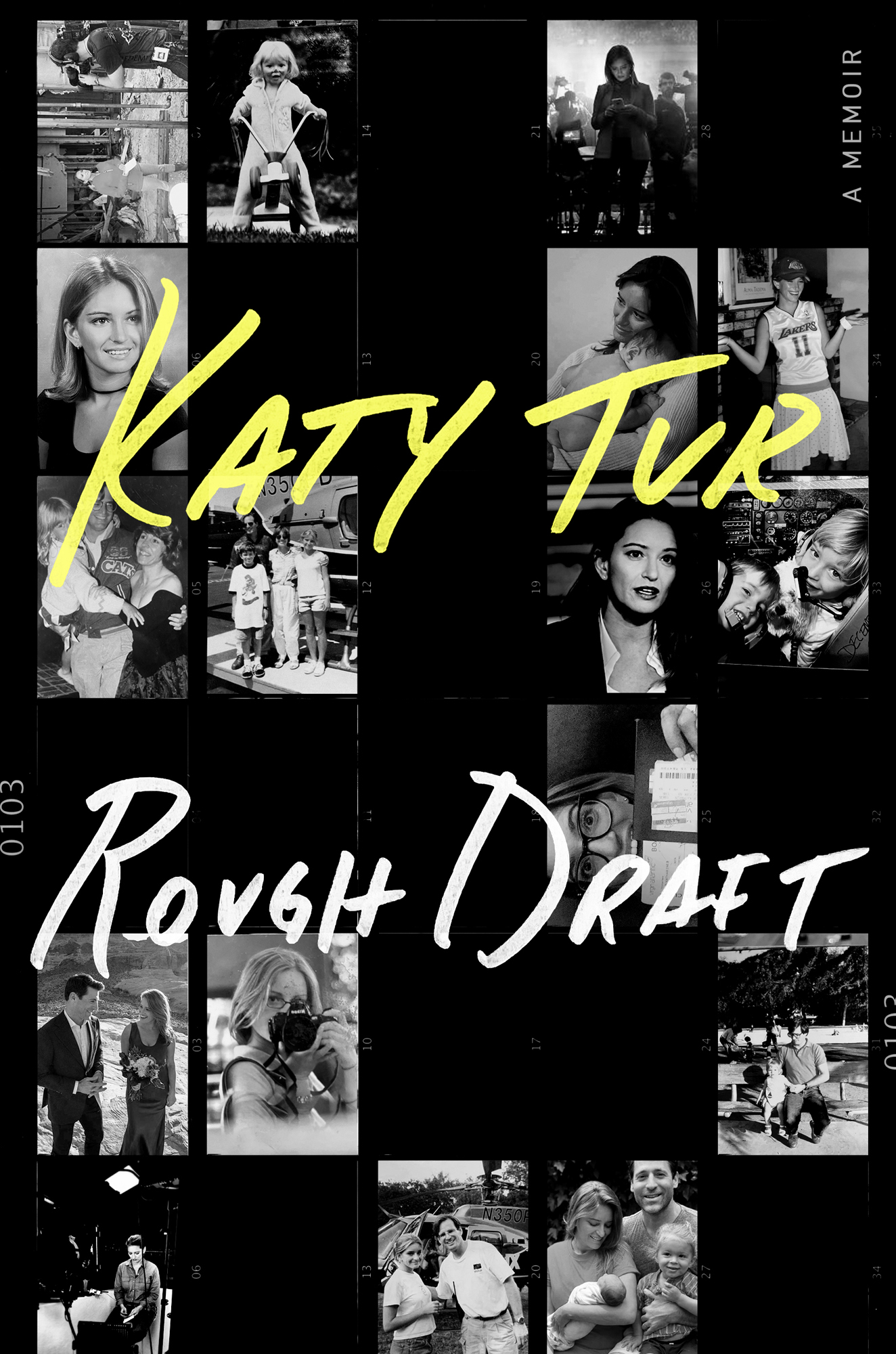
A Memoir
Katy Tur
Rough Draft

To my bears, all of them.
T his story is not like anything Ive reported for NBC News or MSNBC. Its not a piece of journalism. Its my life and my memories of it, which are a lot like anyones memories: a mix of old photographs and bedtime stories and dinner table anecdotes and birthday toasts. Plus a lot of stuff thats unique to my parents, like the articles written about them over the years, the interviews theyve given, and the contents of a huge digitized tape library, which includes home movies and some oddly modern straight-to-camera monologues, including one surrounded by stuffed bears.
Im saying all this so you realize that what youre about to read is my best attempt to capture the truth, but also at times the legend. Its the story passed down to me in the form of a legacy. Thats also why it matters to me. Its like my parents said, here Katy, heres how we became famous American journalistscan you do the same? As I think youll agree, no fucking way.
A note about pronouns: if you built a human being from scratch and filled their brain with the New York Times op-ed page and the GLAAD media reference guide, theyd never let you down. But I wasnt built from scratch. I had a father, Bob, who is now my father, Zoey. I support her transition and I applaud my fathers courage. I also still struggle with my fathers past, which is a major part of this book. For that reason, Zoey will be Zoey from the moment of her announcement to me. Before it, Bob will be Bob.
Both she and he will always be my father.
T his book isnt supposed to exist.
But in the middle of a terrible year in American history, as hundreds of thousands of Americans struggled with illness, and millions of others like me were shut into a kind of forced reflectionthe mailman delivered an unusual package from my mother.
Inside was a small, extremely heavy hunk of metal, about the size of an antique Bible: a hard drive containing a digital copy of the thousands of videotapes my mother had been dragging around for years, the output of her and my fathers entire careers in journalism. It was my inheritance, of sorts. Every story they shot together, most of them catastrophes. Fires and robberies and car crashes. Their beat was someone elses worst day.
My parents, Bob and Marika Tur, were helicopter journalists in Los Angeles in the eighties and nineties. In fact, they pioneered the form. Madonna flipping off the camera after her clifftop wedding to Sean Penn? That was them. Michael Jackson waving with a burned and bandaged hand in the back of an ambulance? Them again.
They found O. J. Simpsons white Bronco and then carried an exclusive live feed of the police chase for about twenty minutes, an eternity in TV time, long enough for tens of millions of people to tune in. But perhaps their most consequential footage came out of the Los Angeles Riots. Their images rattled Americas second largest city and shocked the country. At one point, their video of the Reginald Denny beating sold for $5,000 per use.
At their peak, when I was in middle school in the early nineties, my parents were on-paper millionaires. They had a seven-figure helicopter (our second), two Porsches (one of them in taxi-cab yellow), a house in the Palisades with a Jacuzzi hut, and enough extra cash to pay private school tuition for both me and my brother. They were famous too, profiled by People magazine (Hot Shots) and The New Yorker (Hot Pursuit), cheered by the likes of Geraldo and Sally Jessy Raphael. The show Rescue 911 featured the story of my father finding a transplant patient in the desert.
Charles Ridgeway, we have your kidney! he yelled from the helicopters bullhorn.
In careers as wild as their coverage, my parents were shot at, threatened, arrested, and told off by a long list of people, including cops, firemen, elected officials, celebrities, and their own colleagues. Later, they sued almost every network in the news business, including the one I work for now, accusing them all of unauthorized use of their videos. They won hundreds of thousands of dollars in settlements, but by then the footage had aired and everybody had copied their style, anyway.
Bombastic, propulsive, and live, live, live. My parents shot what is often cited as the first live police pursuit on television, and the second one tooa murder-carjacking that the network decided to air in real time. Instead of a rerun of Matlock, viewers watched an actual killer, in a stolen red Cabriolet with the vanity license plate KRUL FA8, run through Los Angeles for forty-five minutes, running lights, jumping curbs. He died in a hail of police gunfire. My parents never cut away.
The next day the ratings showed that the chase was the talk of the city. It had beat Matlock, a milestone that helped turn the news into entertainment. Today, some former colleagues blame Bob and Marika for the downfall of local TV news. Some would say the downfall of national TV news too. They dont dispute it. Neither do I.
By the time I was two years old, I knew to yell Story! Story! at the squawks of my parents police scanner. By four, I could hold a microphone and babble my way through a kiddie news report about a fire that ended with a party at McDonalds. By the time I was in high school, though, my parents had lost it all. Their marriage. Their careers. Their reputations. My father in particular was known as one of the most hated people in journalism as well as one of the craziest (which is really saying something).
Its a helluva story.
But I wanted no part of it.
Until this very moment, Ive been avoiding my childhood and everything about it. When people would ask, Id keep the focus only on the adventure of it all. While other kids watched Sesame Street, I might say, I tagged along with my parents. Instead of being told to cover my eyes, I was free to look down at car accidents, police chases, and shootings.
Sometimes in the middle of the night my parents would rip me out of bed and take me with them to cover an earthquake or a fire. Malibu was always on fire. Id watch as my mom hung out the helicopter door to shoot video and my dad flew and reported. The heat was so strong I could feel it on my shins five hundred feet in the air.
I might also tell people about the lunches in Catalina just for the heck of it. Or my little-kid driving lessons on my dads lap, circling the infinite tarmac of the airport. The times my dad turned into the tickle monster and made us laugh until we couldnt breathe. Id tell people about the fun stuff because it was real and we loved each other and that has to be known.
But all these happy memories were haunted too. My father was a charming, larger-than-life figure, a man who scooped the competition on every story and still had time to rescue stranded people in a storm. A man who, when he split with my mom, dated movie stars and tried his hand at feature films. He seemed to keep the world safe and me safe in the world. But he was also a man who punched holes in walls and sometimes tried to do the same to us. A man who, in 2013, called me up and told me he wasnt a man at all.
He was a woman.
Its why Ive been so angry, she said.
That anger was exactly what Id been trying to forget.
After I published Unbelievable: My Front-Row Seat to the Craziest Campaign in American History
Font size:
Interval:
Bookmark:
Similar books «Rough Draft : A Memoir»
Look at similar books to Rough Draft : A Memoir. We have selected literature similar in name and meaning in the hope of providing readers with more options to find new, interesting, not yet read works.
Discussion, reviews of the book Rough Draft : A Memoir and just readers' own opinions. Leave your comments, write what you think about the work, its meaning or the main characters. Specify what exactly you liked and what you didn't like, and why you think so.

